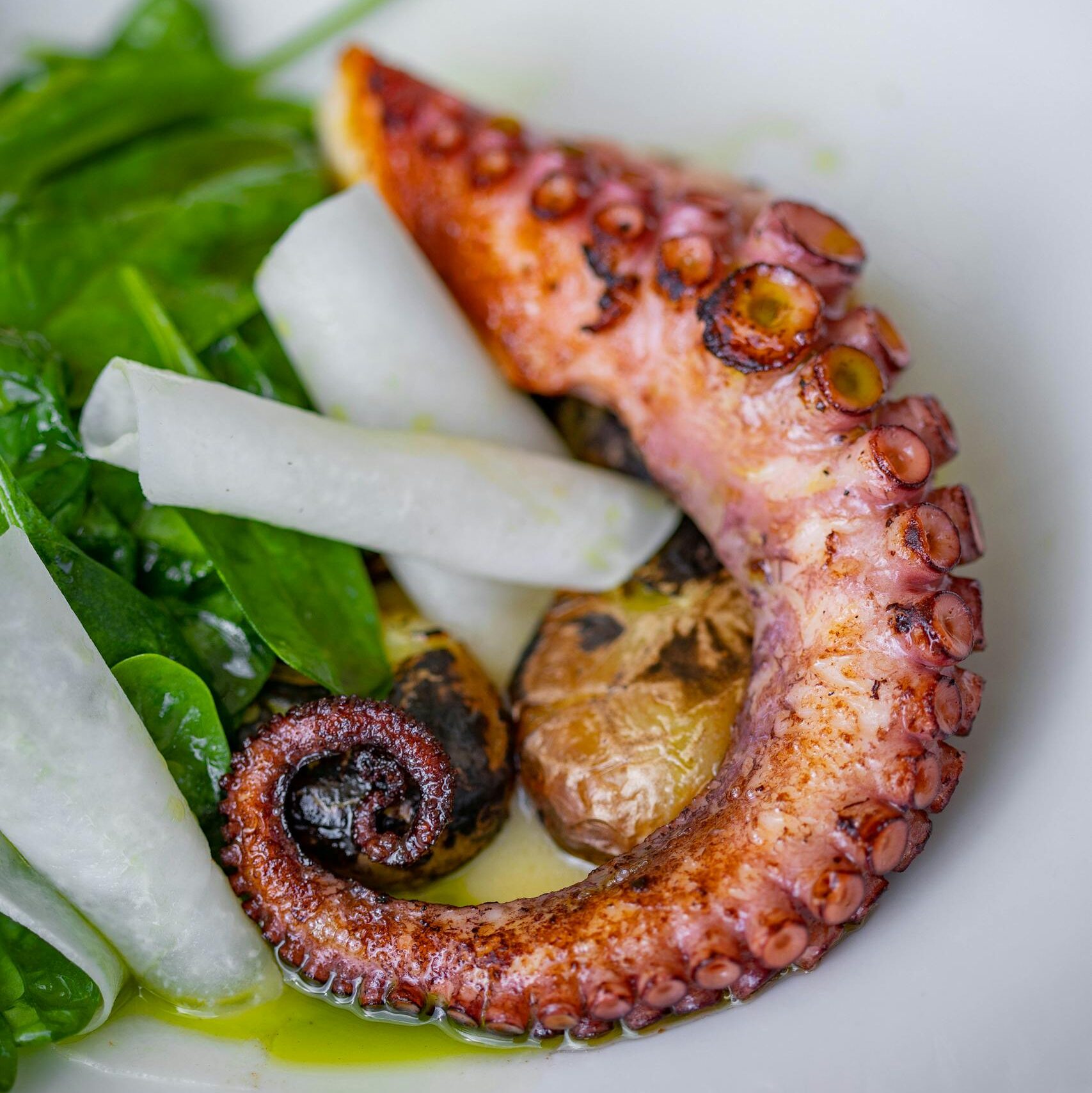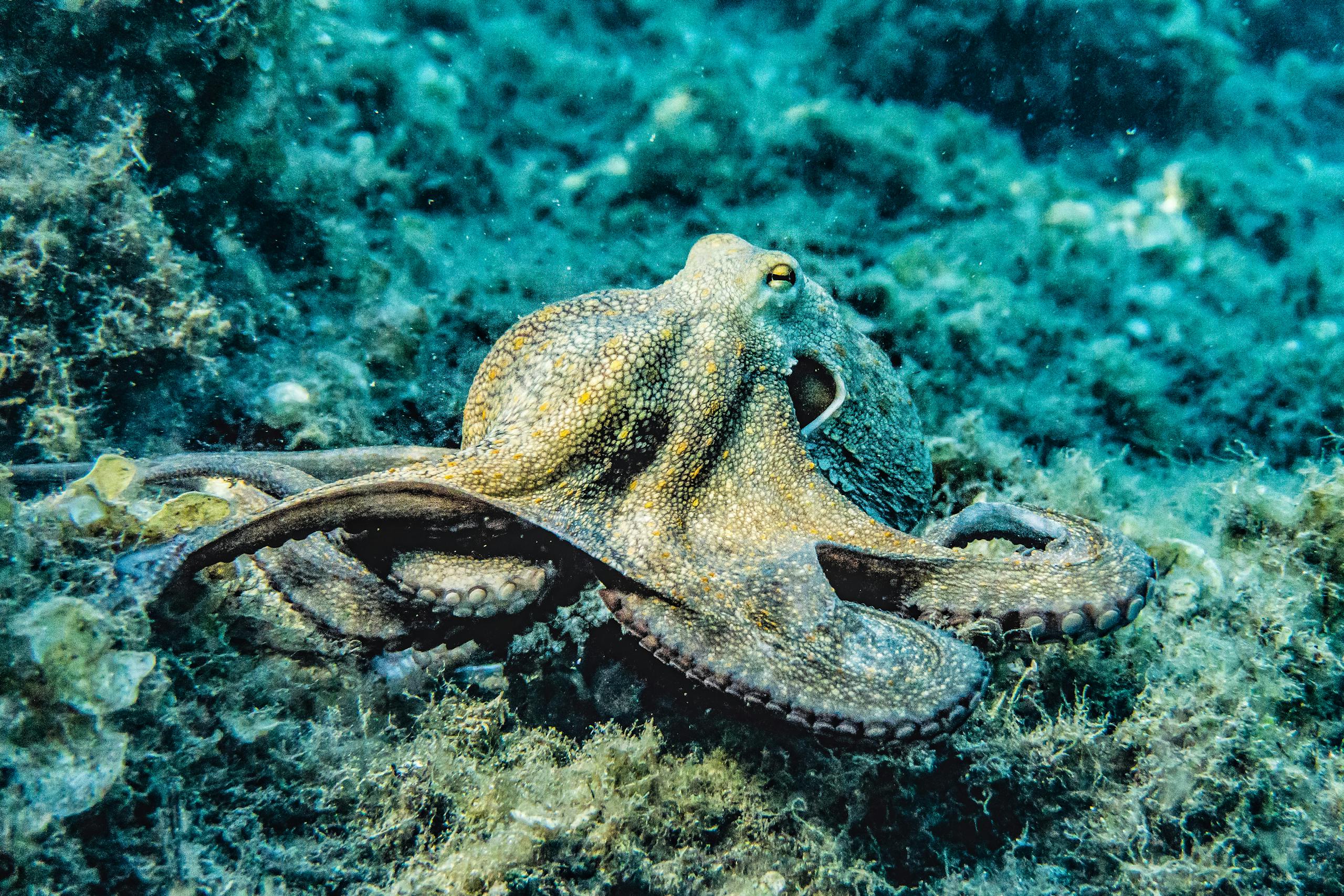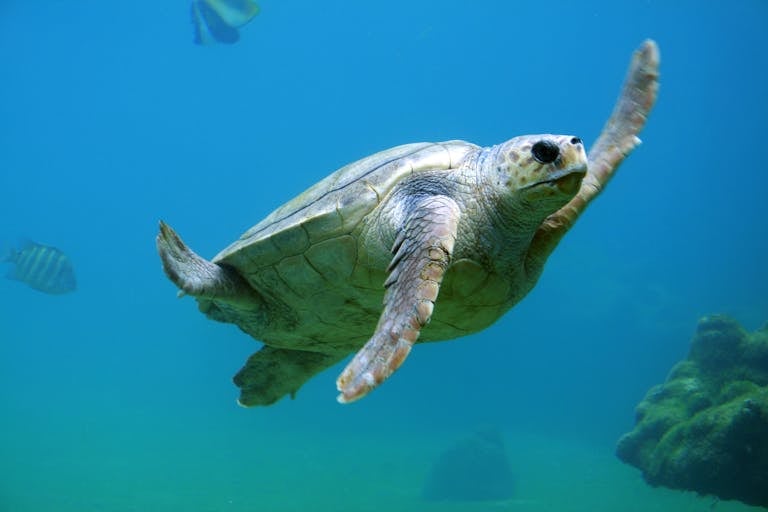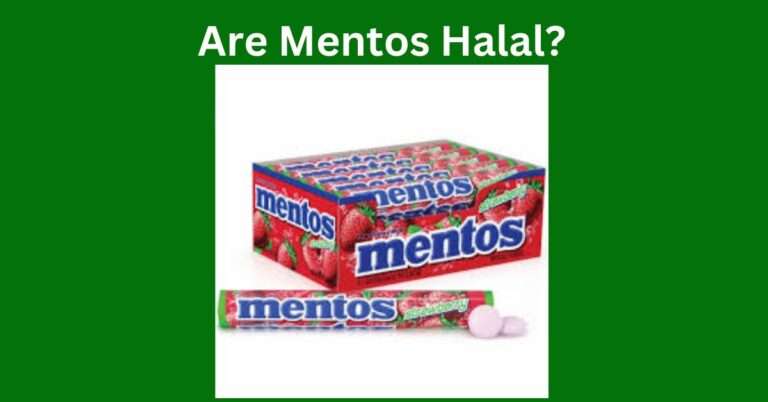🐙 Is Octopus Halal? A Complete Islamic Perspective
Octopus is a popular seafood delicacy in many cultures, but for Muslims following halal dietary laws, the question arises—Is octopus halal?
To determine its permissibility, we must examine Islamic dietary guidelines, scholarly opinions, and potential concerns. This guide will help you understand the halal status of octopus and how to ensure it meets Islamic dietary standards.
Quick Answer: Most Islamic scholars consider octopus halal.
📖 Quran and Hadiths on Eating Octopus
📜 Quranic Perspective
The Quran provides general guidance on seafood consumption:
“Lawful to you is game from the sea and its food as provision for you and the travelers.” (Surah Al-Ma’idah 5:96)
This verse suggests that all sea creatures are permissible, supporting the view that octopus is halal.
📜 Hadith References
The Prophet Muhammad (peace be upon him) reinforced the permissibility of seafood:
“Its water is pure and its dead are lawful.” (Sunan Abu Dawood 83)
This hadith implies that all sea creatures, including octopus, are halal unless specifically forbidden.
🕌 Scholarly Opinions on Eating Octopus
Islamic scholars from different schools of thought have varying opinions on octopus:
- Hanafi School – Only fish with scales are halal, so octopus is not permitted.
- Maliki, Shafi’i, and Hanbali Schools – These schools generally allow all sea creatures, making octopus halal.
- Hadith References – Some hadiths suggest all seafood is permissible unless explicitly prohibited.
✅ Why Is Octopus Considered Halal by Some Scholars?
Some Islamic scholars classify octopus as halal based on the following reasons:
- It is a sea creature, and the Quran permits consuming food from the sea.
- The Prophet (peace be upon him) mentioned that everything from the sea is halal in certain hadiths.
- Maliki, Shafi’i, and Hanbali scholars permit all seafood, including octopus.
🏥 Health Benefits of Eating Octopus
Octopus is a nutritious seafood with several health benefits:
- Rich in Protein – Supports muscle growth and overall health.
- High in Omega-3 Fatty Acids – Beneficial for heart health and brain function.
- Good Source of Vitamins & Minerals – Contains Vitamin B12, iron, and selenium.
- Low in Calories – A healthy choice for a balanced diet.

⚠️ Health Concerns of Eating Octopus
While octopus offers several health benefits, there are also some concerns to consider:
- High Cholesterol Content – Octopus contains moderate to high levels of cholesterol, which may be a concern for individuals with heart conditions.
- Heavy Metal Contamination – Like many seafood options, octopus may contain traces of mercury and other heavy metals due to ocean pollution.
- Allergic Reactions – Some individuals may have seafood allergies, leading to reactions like itching, swelling, or digestive issues.
- Digestibility Issues – Octopus meat can be chewy and tough, making it harder to digest for some people.
- Ethical & Environmental Concerns – Overfishing and unsustainable fishing practices can harm marine ecosystems.
To enjoy octopus safely, consume it in moderation, choose fresh sources, and ensure proper cooking methods.
🔄 Conclusion
So, is octopus halal? The answer depends on which Islamic school of thought you follow:
- Maliki, Shafi’i, and Hanbali scholars consider it halal as part of seafood.
- Hanafi scholars consider it haram since it does not have scales.
To ensure your octopus is ethically sourced and safe:
- Buy from halal-certified suppliers.
- Consume in moderation due to cholesterol content.
- Ensure it is free from haram additives.
By following these guidelines, you can decide whether to include octopus in your diet while complying with Islamic dietary laws.







